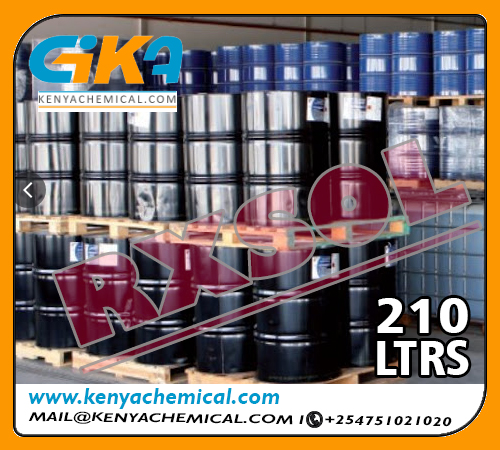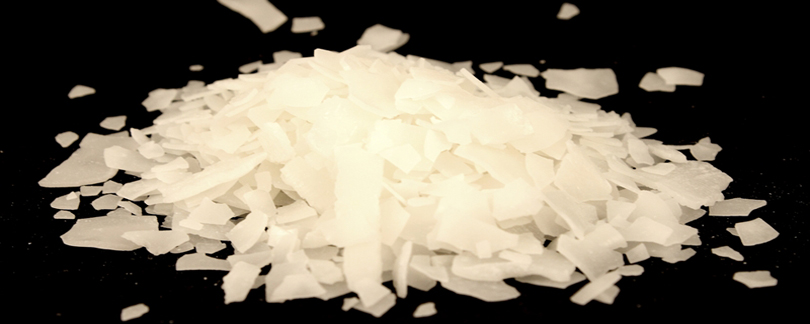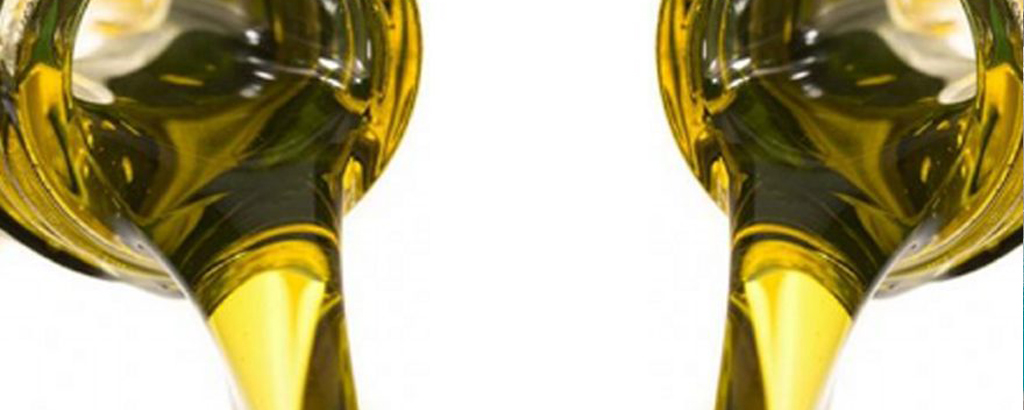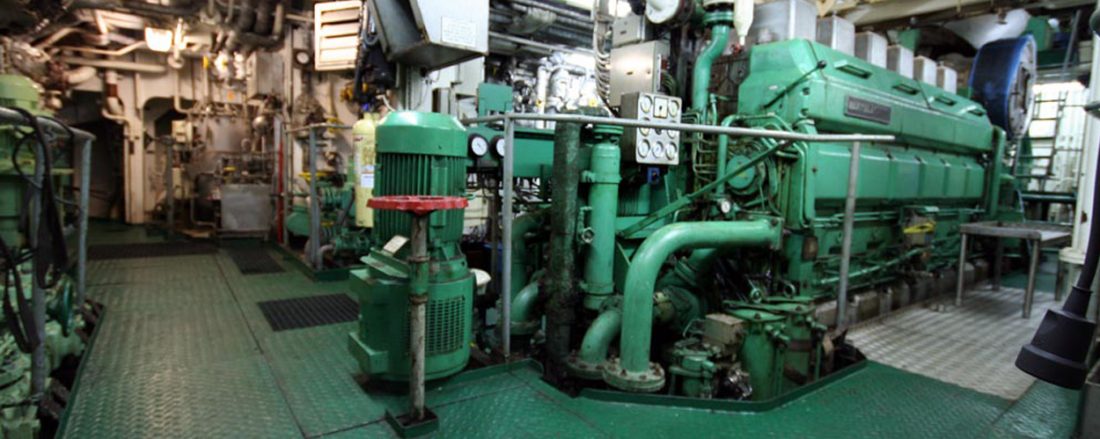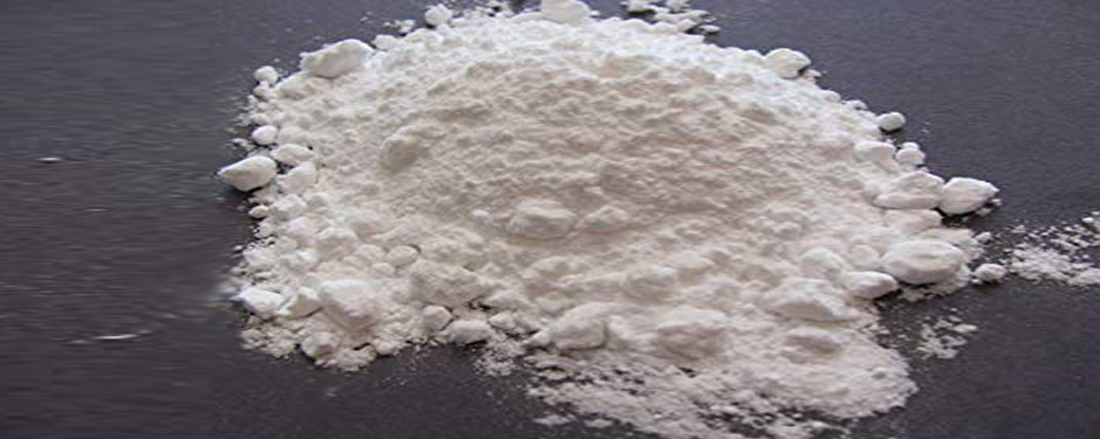Catalyzed Hydrazine Hydrate 35 manufacturer supplier distributor in Mumbai, Kandla, Kolkata, Vizag, Chennai, India, Fujairah, Dubai, Sharjah, UAE, Gulf, Middle East, Muscat Oman, Kenya Africa. Get the best quality of Catalyzed Hydrazine Hydrate 35 at a competitive price from us. We have ready stock of Catalyzed Hydrazine Hydrate 35 in India, UAE Gulf, Oman, Kenya Africa. Contact us for bulk as well as small orders.
Hydrazine is a convenient reductant because the by-products are typically nitrogen gas and water. Thus, it is used as an ANTIOXIDANT, an oxygen scavenger, and a corrosion inhibitor in water boilers and heating systems.
Hydrazine is mainly used as a foaming agent in preparing polymer foams.
No oxygen is entering the boiler with the feed water when hydrazine is present in the water.
#CatalyzedHydrazineHydrate
#HydrazineHydrate_IndiaUAEoman
#HydrazineHydrate_Supplier
Hydrazine is used as an oxygen scavenger for high pressure boilers in power plants and other industries to reduce corrosion of metal pipes and fittings. The test for hydrazine can be controlled by http://rxmarine.com/hydrazine-test-kit in which several solutions have been formulated into a single, stable reagent. The method is both sensitive and easy to perform. It is used mostly for the determination of small amounts of hydrazine in boiler feedwater. There are no common interferences.
The establishment of protective metal oxide layers through the use of reducing agents (such as hydrazine, hydroquinone, and other oxygen scavengers) is known as metal passivation or metal conditioning. Although "metal passivation" refers to the direct reaction of the compound with the metal oxide and "metal conditioning" more broadly refers to the promotion of a protective surface, the two terms are frequently used interchangeably.
The reaction of hydrazine and hydroquinone, which leads to the passivation of iron-based metals, proceeds according to the following reactions:
| N2H4 | + | 6Fe2O3 | ® | 4Fe3O4 | + | 2H2O | + | N2 |
| hydrazine | hematite | magnetite | water | nitrogen |
| C6H4(OH)2 | + | 3Fe2O3 | ® | 2Fe3O4 | + | C6H4O2 | + | H2O |
| hydroquinone | hematite | magnetite | benzoquinone | water |
Similar reactions occur with copper-based metals:
| N2H4 | + | 4CuO | ® | 2Cu2O | + | 2H2O | + | N2 |
| hydrazine | cupric oxide | cuprous oxide | water | nitrogen |
| C6H6O2 | + | 2CuO | ® | Cu2O | + | C6H4O2 | + | H2O |
| hydroquinone | cupric oxide | cuprous oxide | benzoquinone | water |
Magnetite and cuprous oxide form protective films on the metal surface. Because these oxides are formed under reducing conditions, removal of the dissolved oxygen from boiler feedwater and condensate promotes their formation. The effective application of oxygen scavengers indirectly leads to passivated metal surfaces and less metal oxide transport to the boiler whether or not the scavenger reacts directly with the metal surface.
Hydrazine hydrate traditional applications is in pharmaceuticals, water treatment, agrochemical, polymer and blowing agent and others, hydrazine hydrate is consumed in commercial applications such as rocket fuels also and other industries.
Hydrazine hydrate (HH) is a colorless, fuming, and oily liquid with an ammonia-like odor.
HH is used as a reducing agent, an oxygen scavenger in treatment of boiler water, and as a source for drug - hydralazine is an anti-tubercular drug, as well as for agricultural chemicals, and other hydrazine derivatives.

